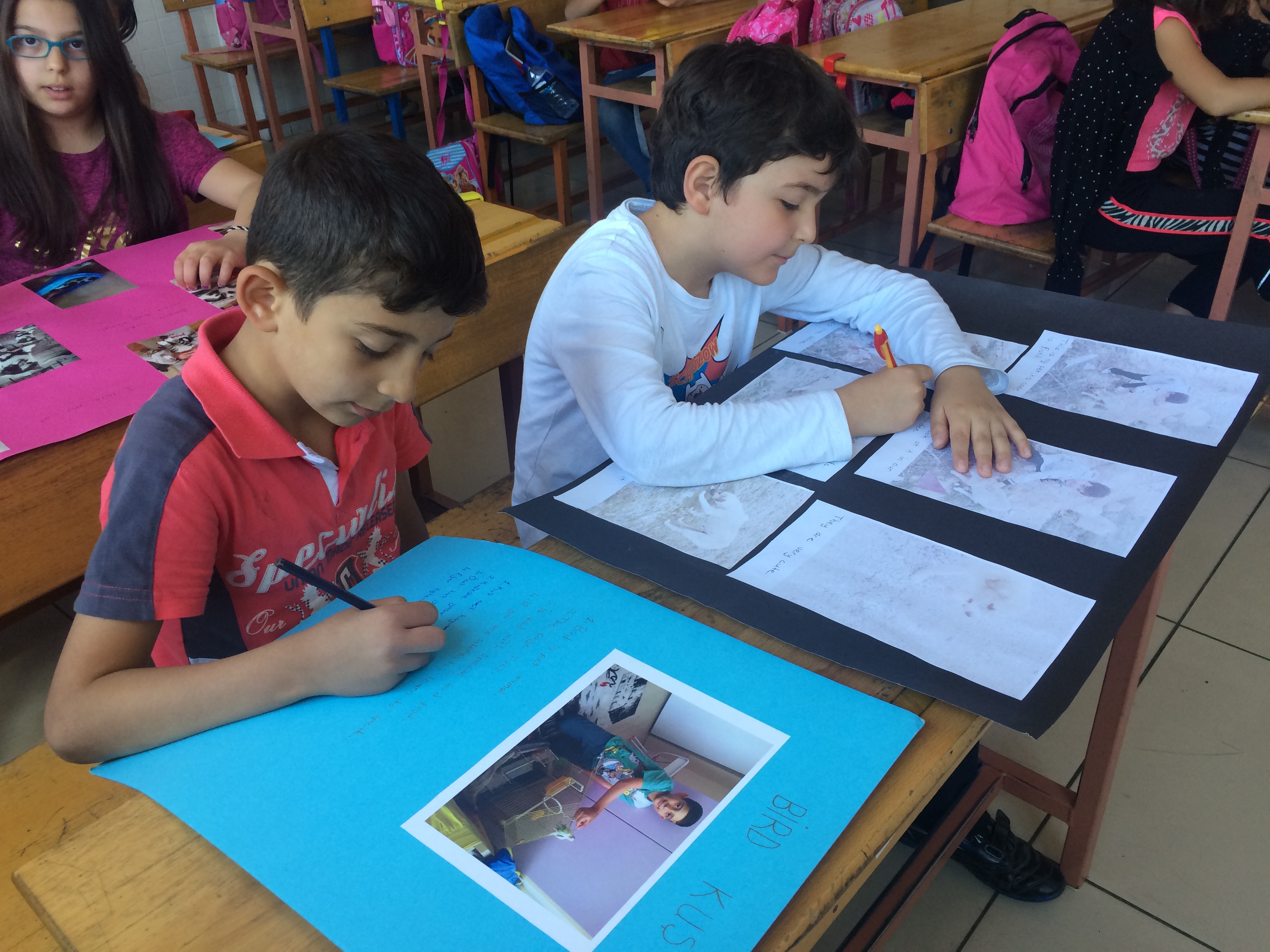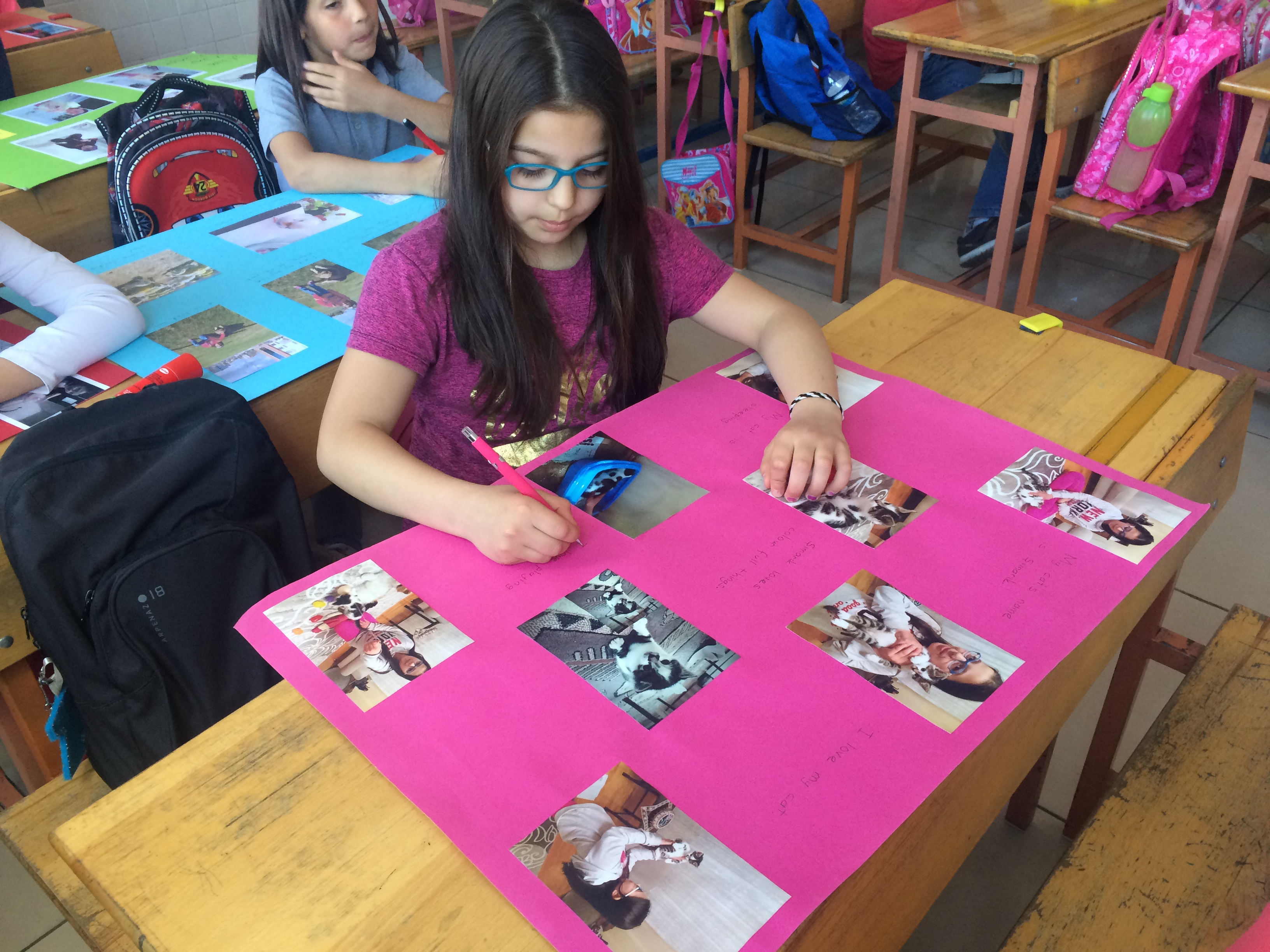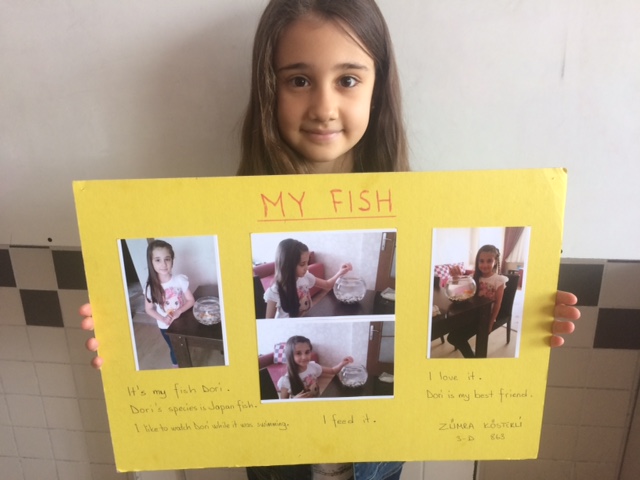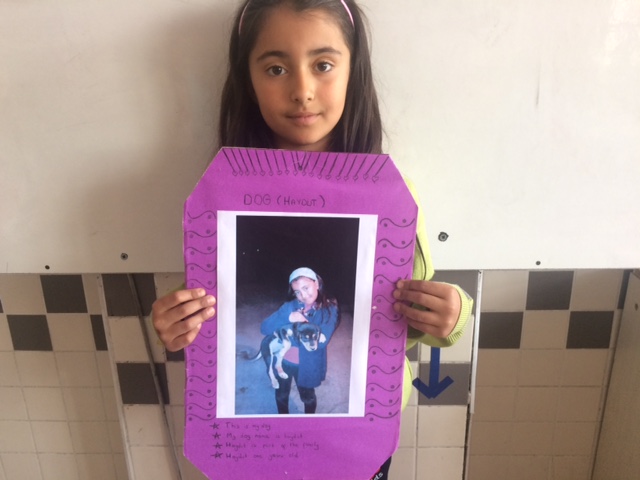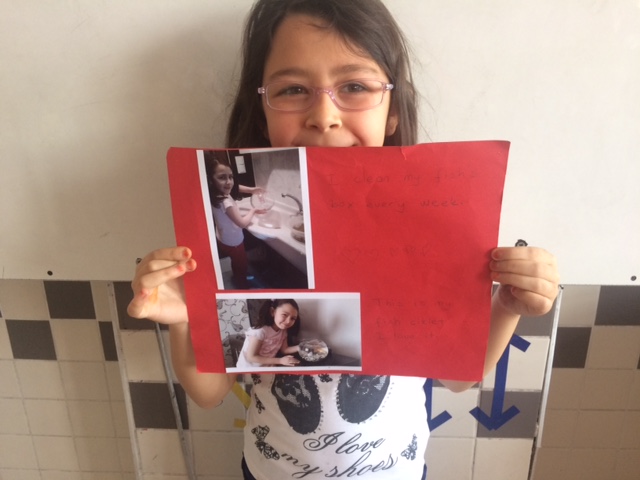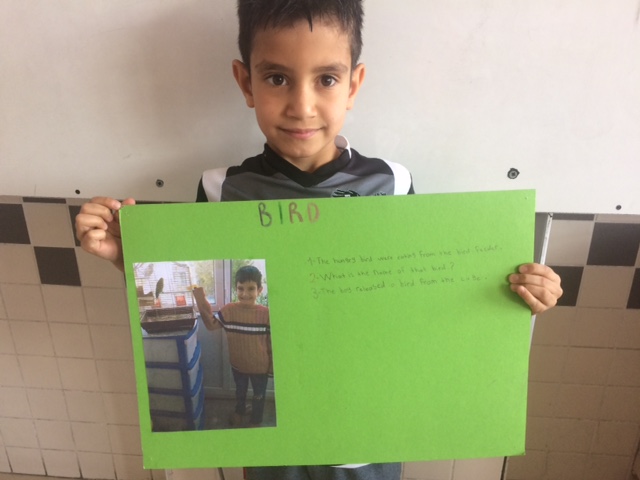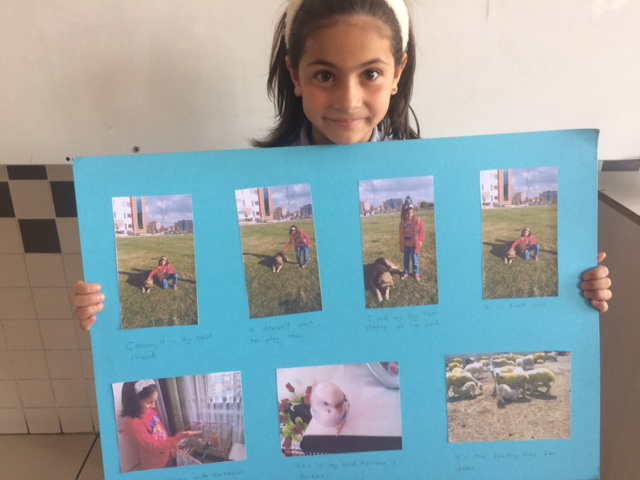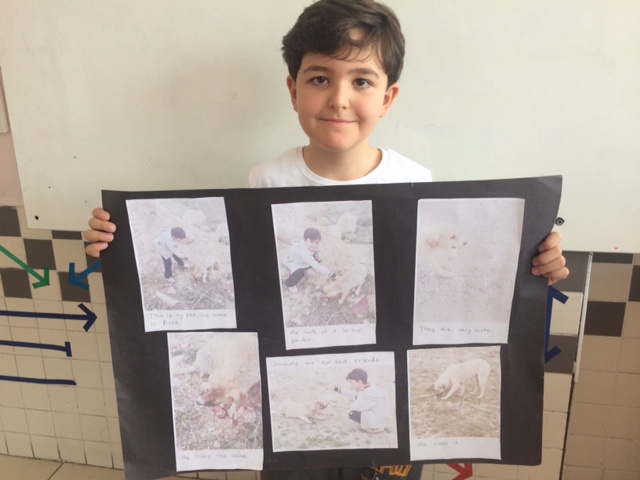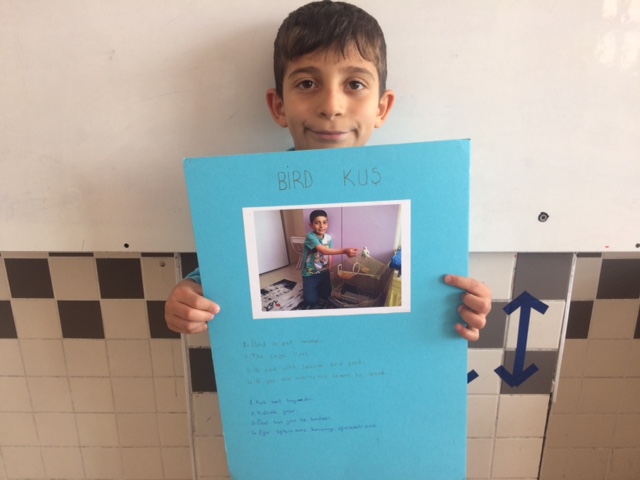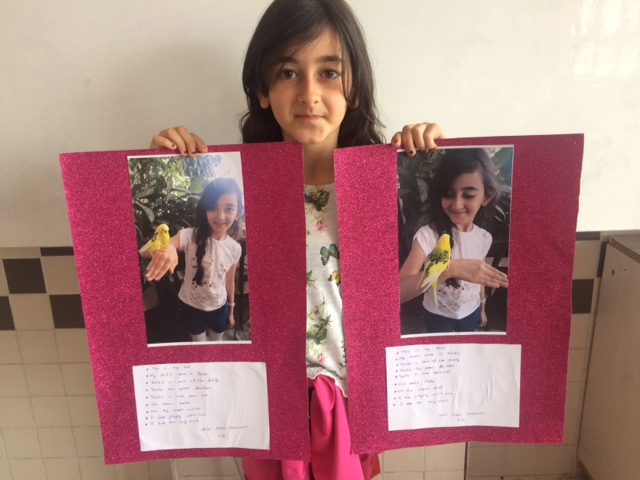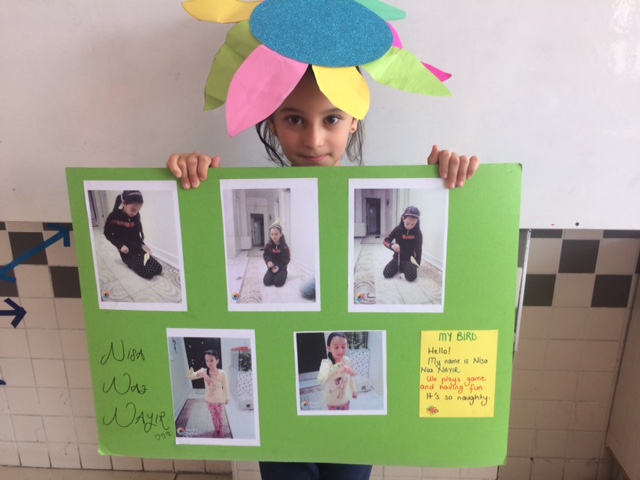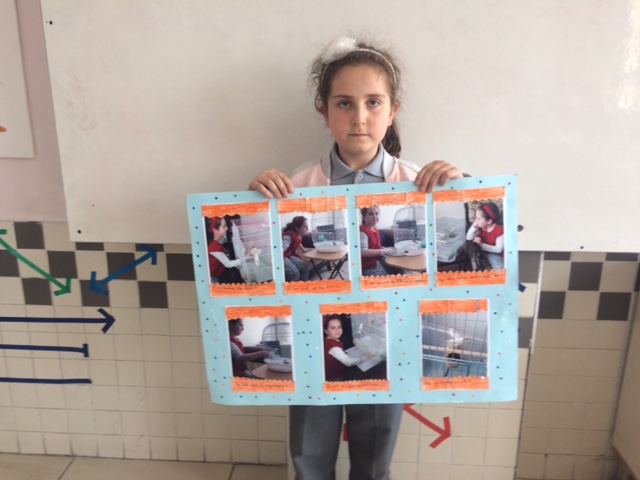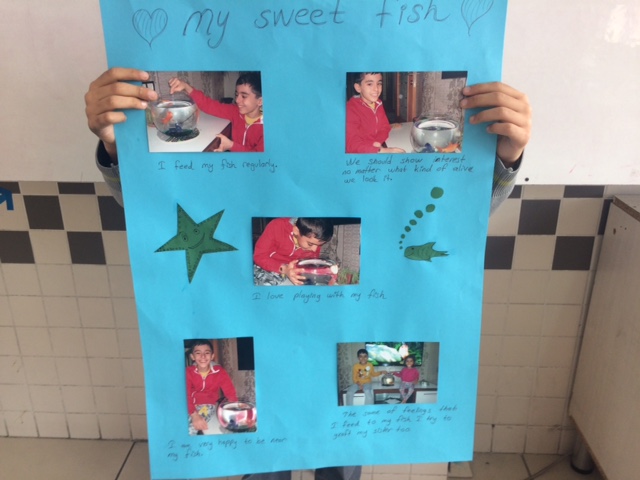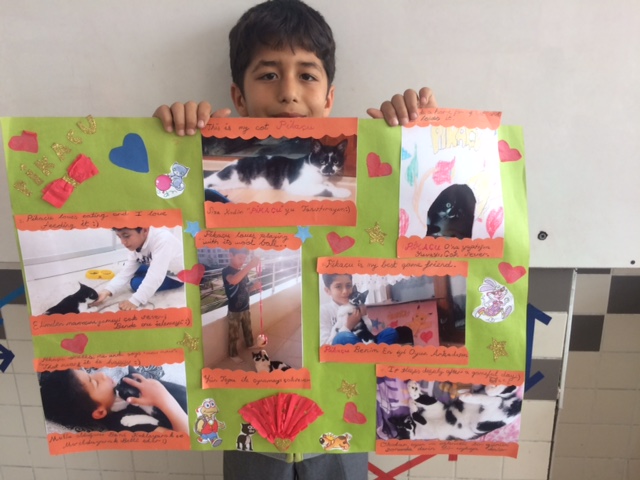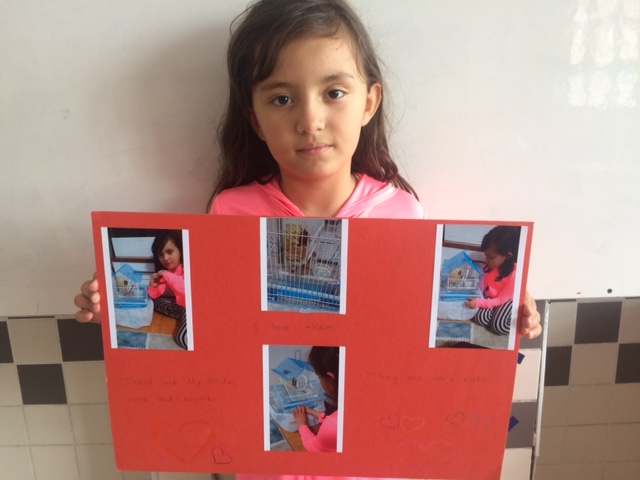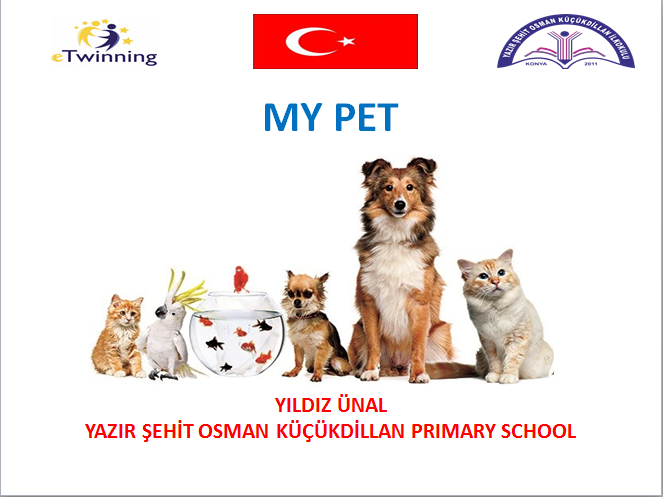
Child who feeding animals learns to love, share and take responsibility at an early age. A child who loves animals can never develop a personality that could harm people in the future. Child who feed animals at home are much easier to socialize than their peers. Because these children learn to love and to help themselves, to trust themselves, to share with warm and loving communication they build with animals. Moreover, because these children give food and drink to the animals they feed and are closely related to their health, their sense of responsibility develops much more quickly.
Children's Mental Development: The world of animals presents diversity and wealth. Each animal has different race characteristics, and this difference attracts children. These differences include the ability to research, analyze, categorize, establish relationships, problem solving, etc. in children. it helps develop skills.
Emotional and Social Development of Children: Through the use of animals, children have the opportunity to make observations, follow their own communication, and observe that they can be happy, sad or sick. On this note, he learns to be more sensitive to his friends around him, as he is more sensitive to his animal.
Also in the care of a domestic animal, giving the child some tasks according to the age of the child at home, develops his sense of responsibility. Self-confidence also increases in a child who fulfills his or her duties.
Children's Language Development: Children love to share stories about the things they live at home.
The child who has an animal at home will be delighted to share his animal's stories with his friends. It also communicates with and improves the environment and friends.
Physical Development of Children: When children mimic animals they see different from themselves, they play, bounce, jump, run. These movements help their big and small muscle development.
